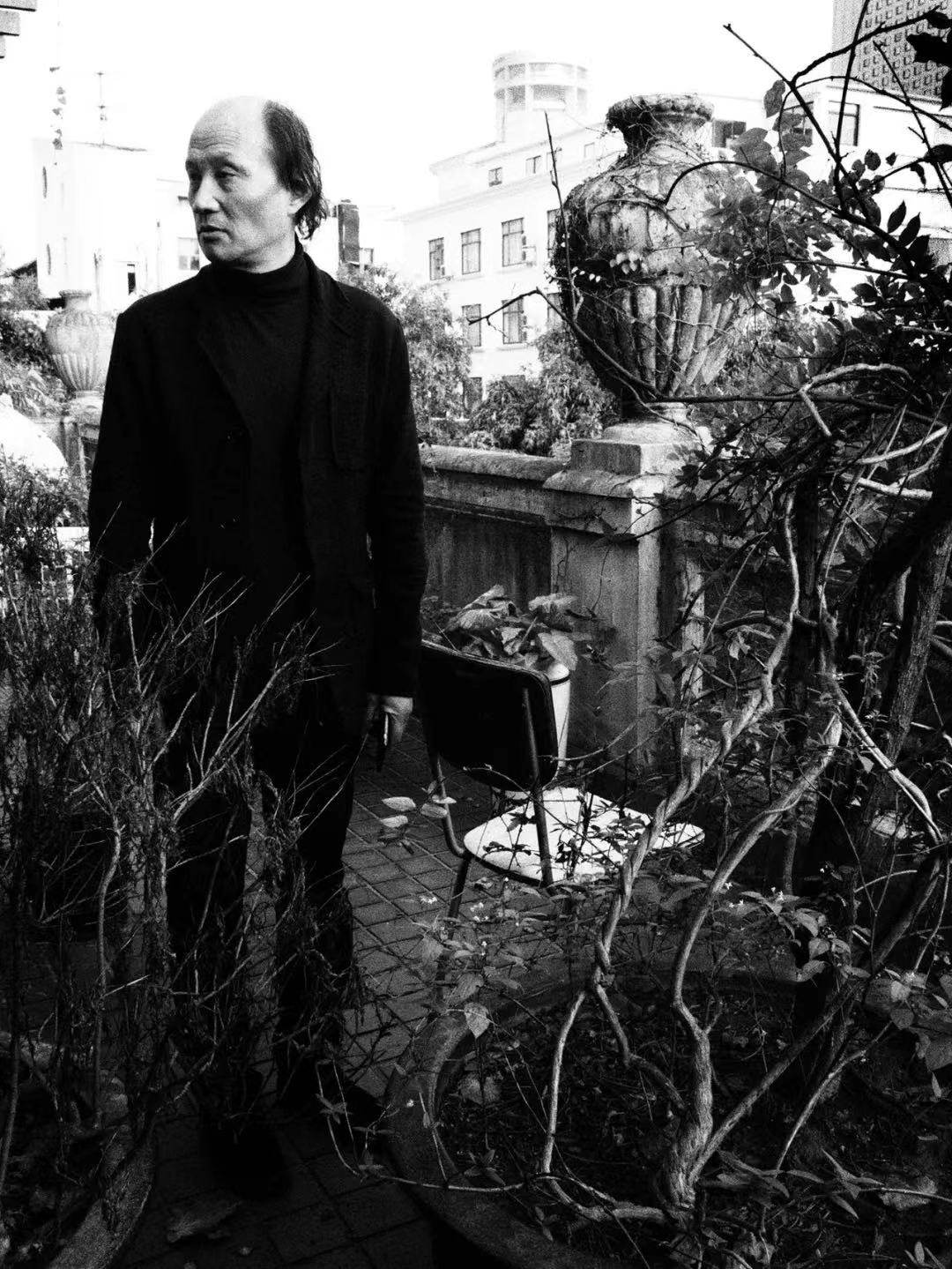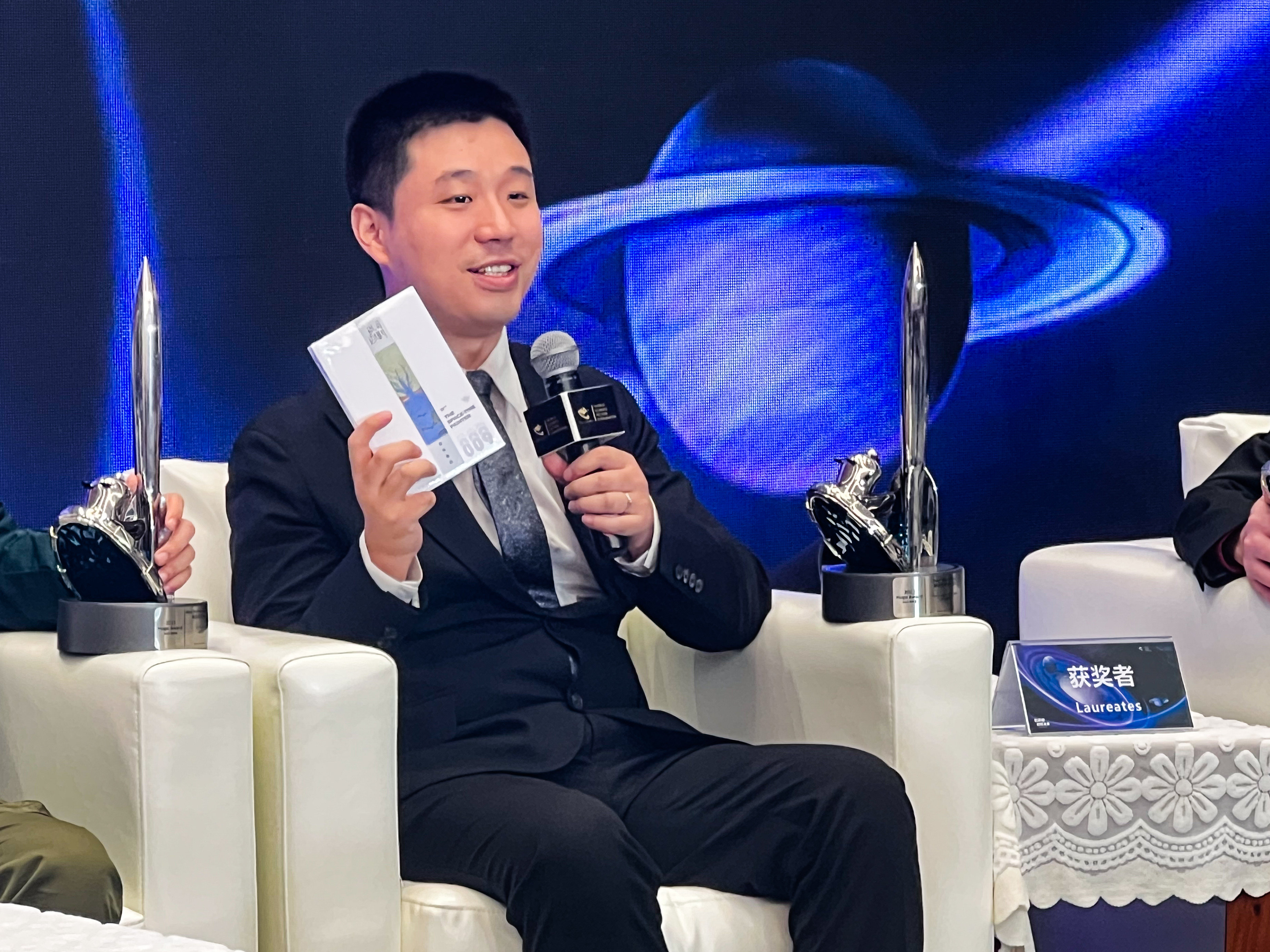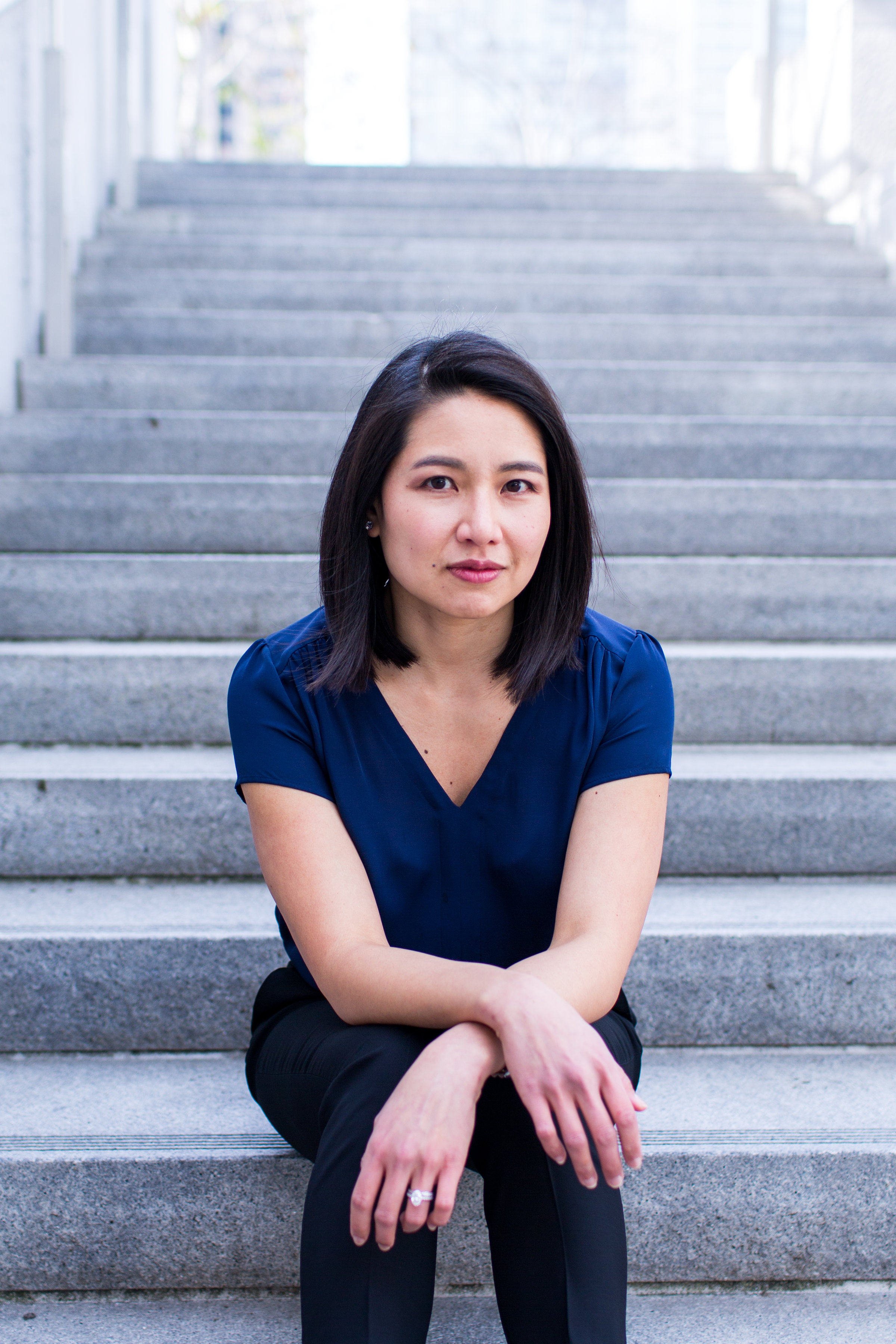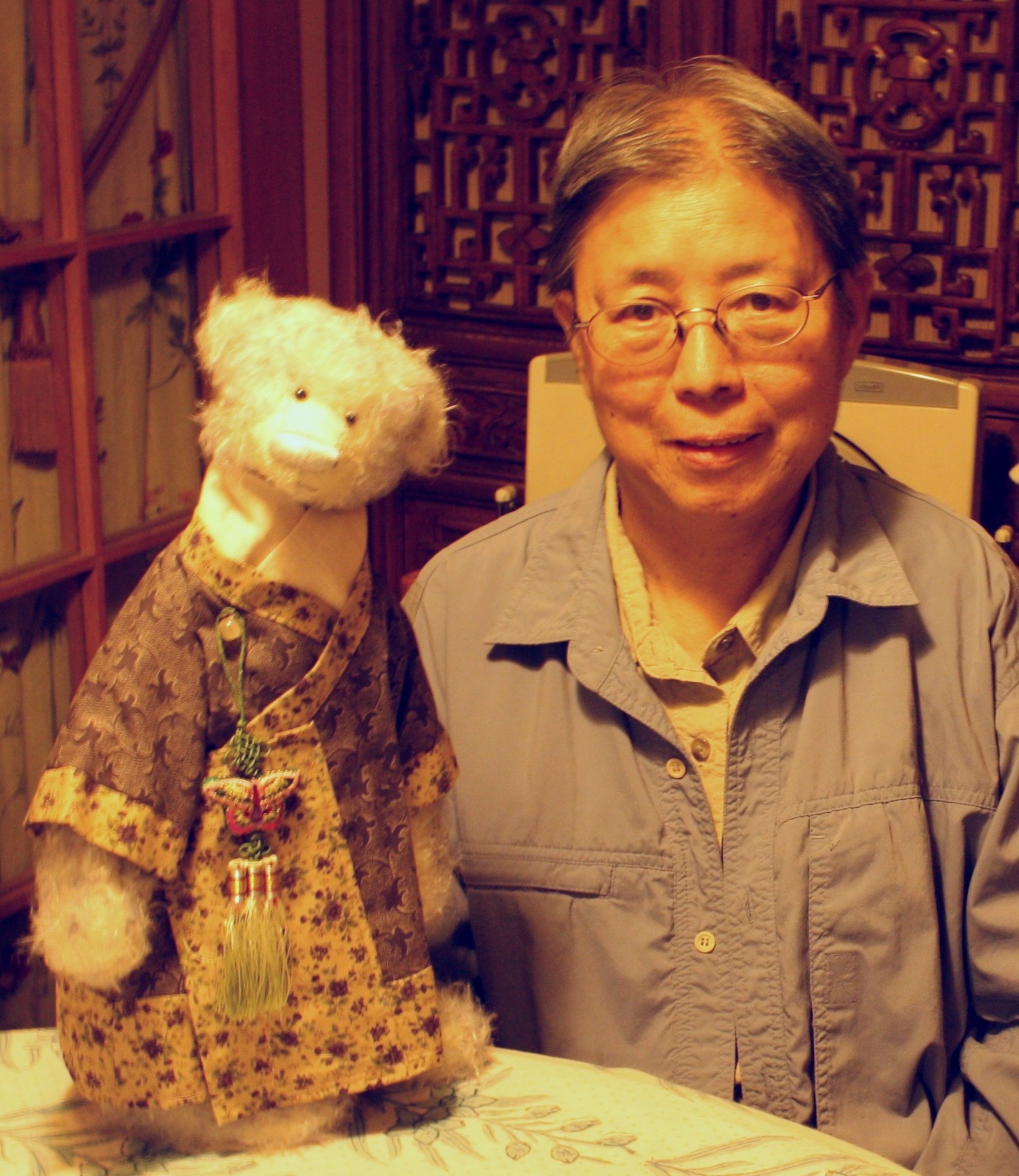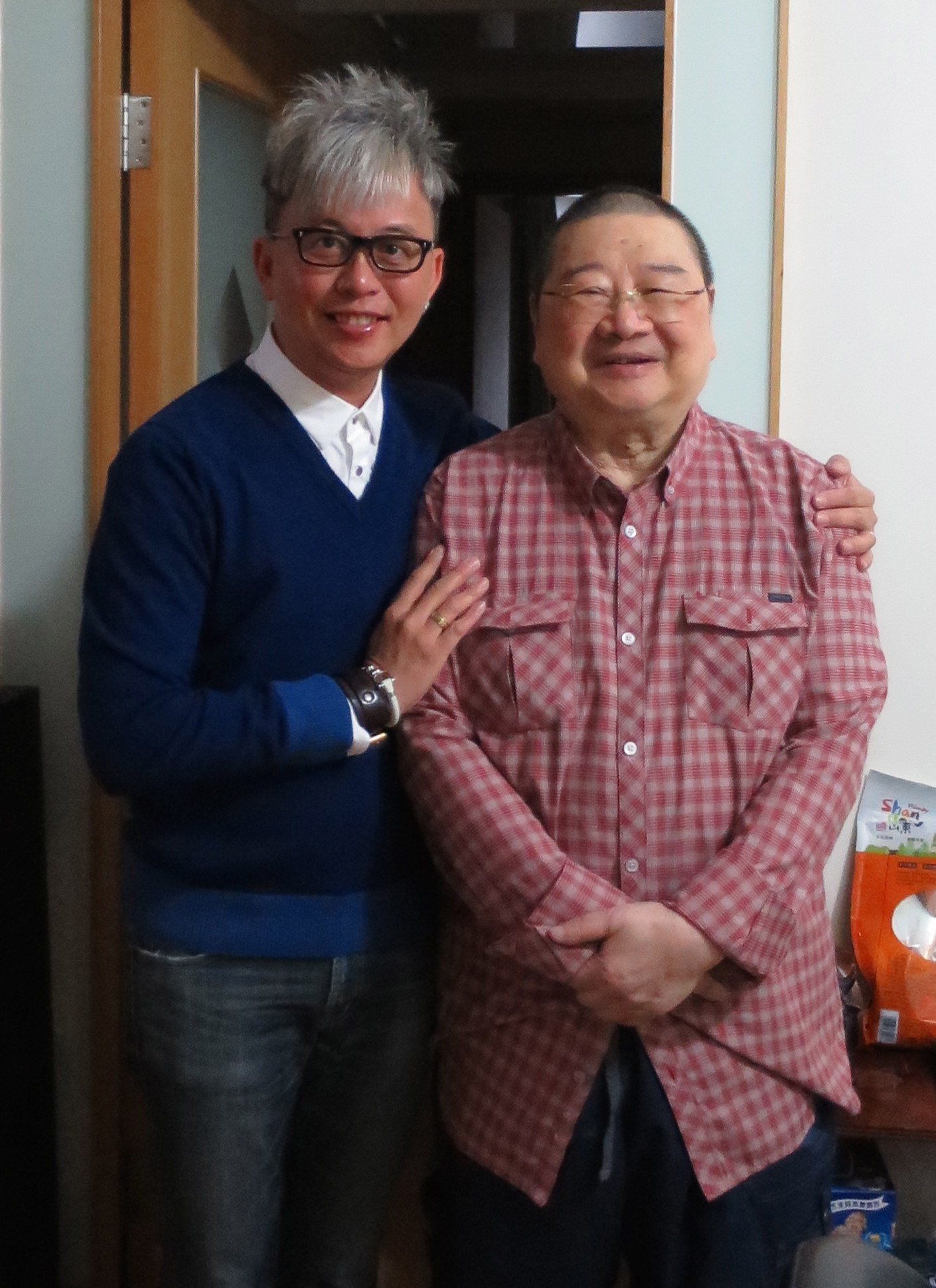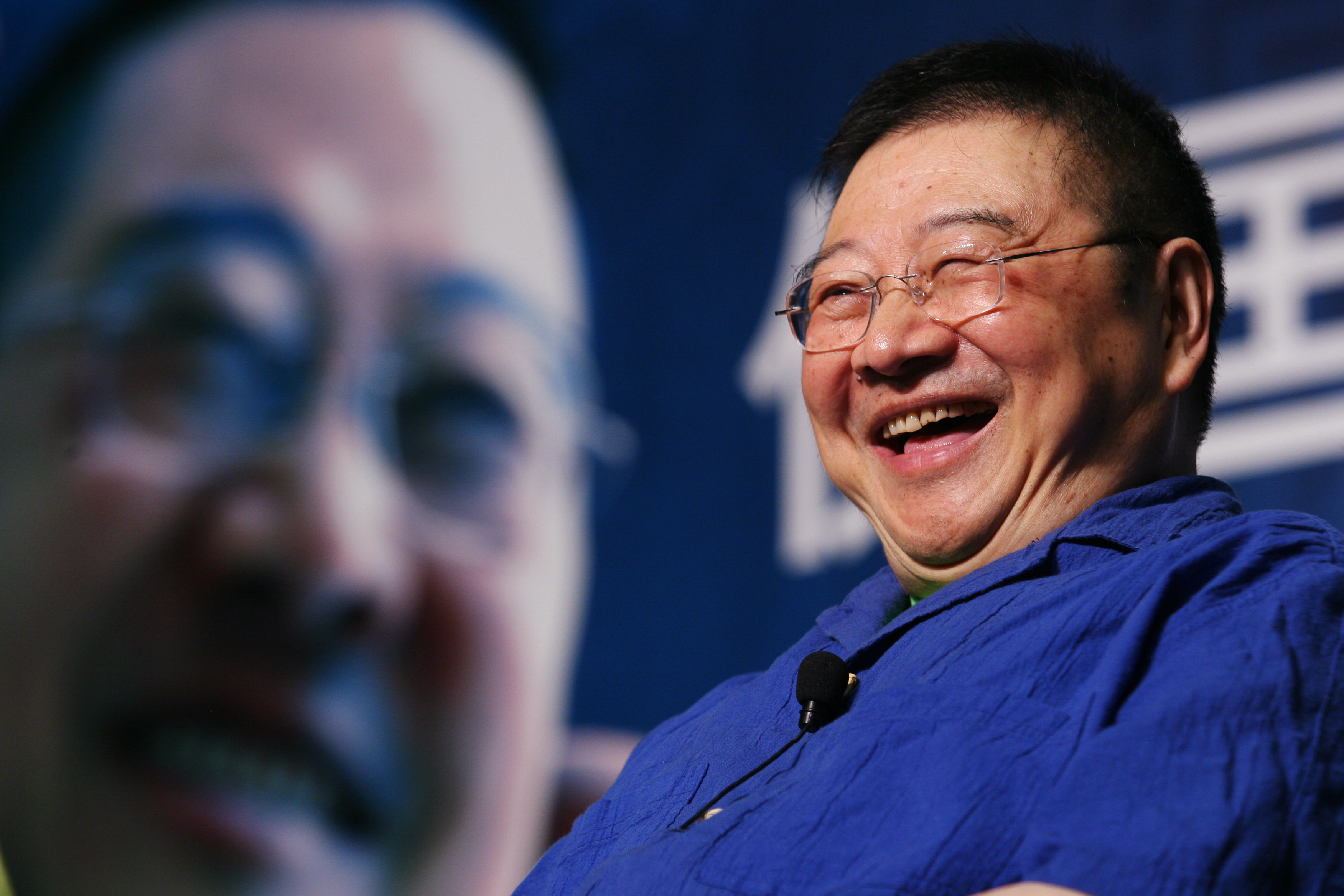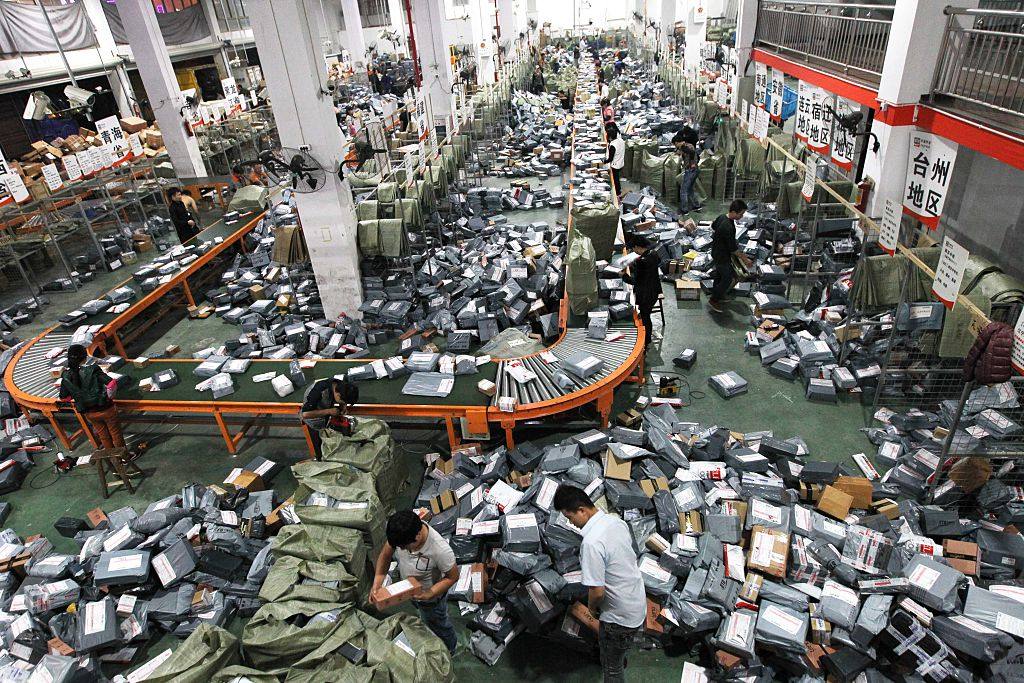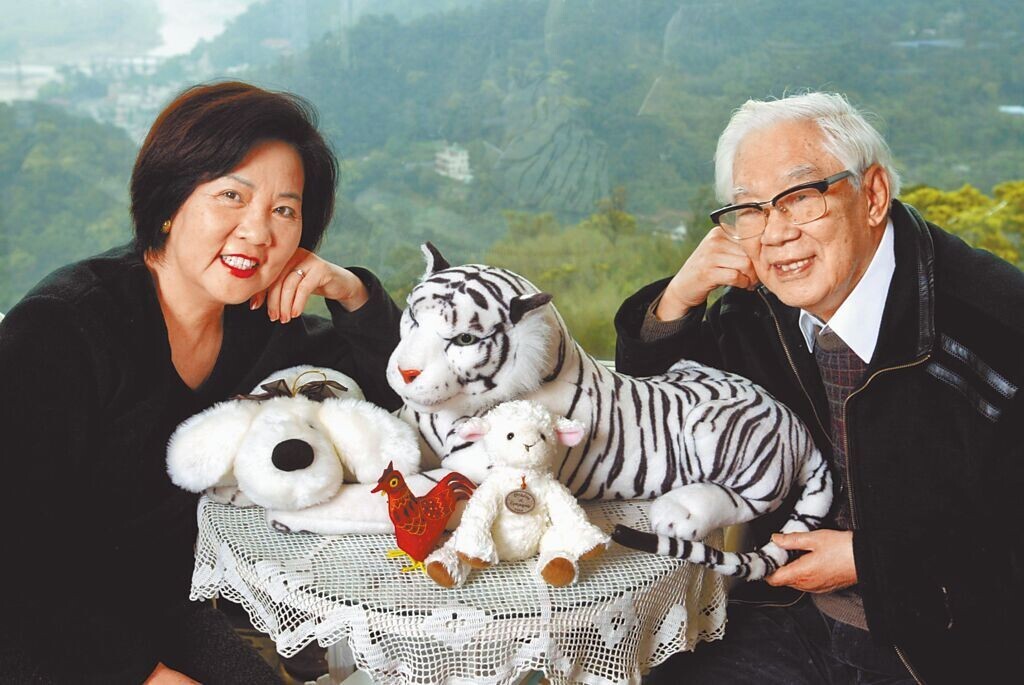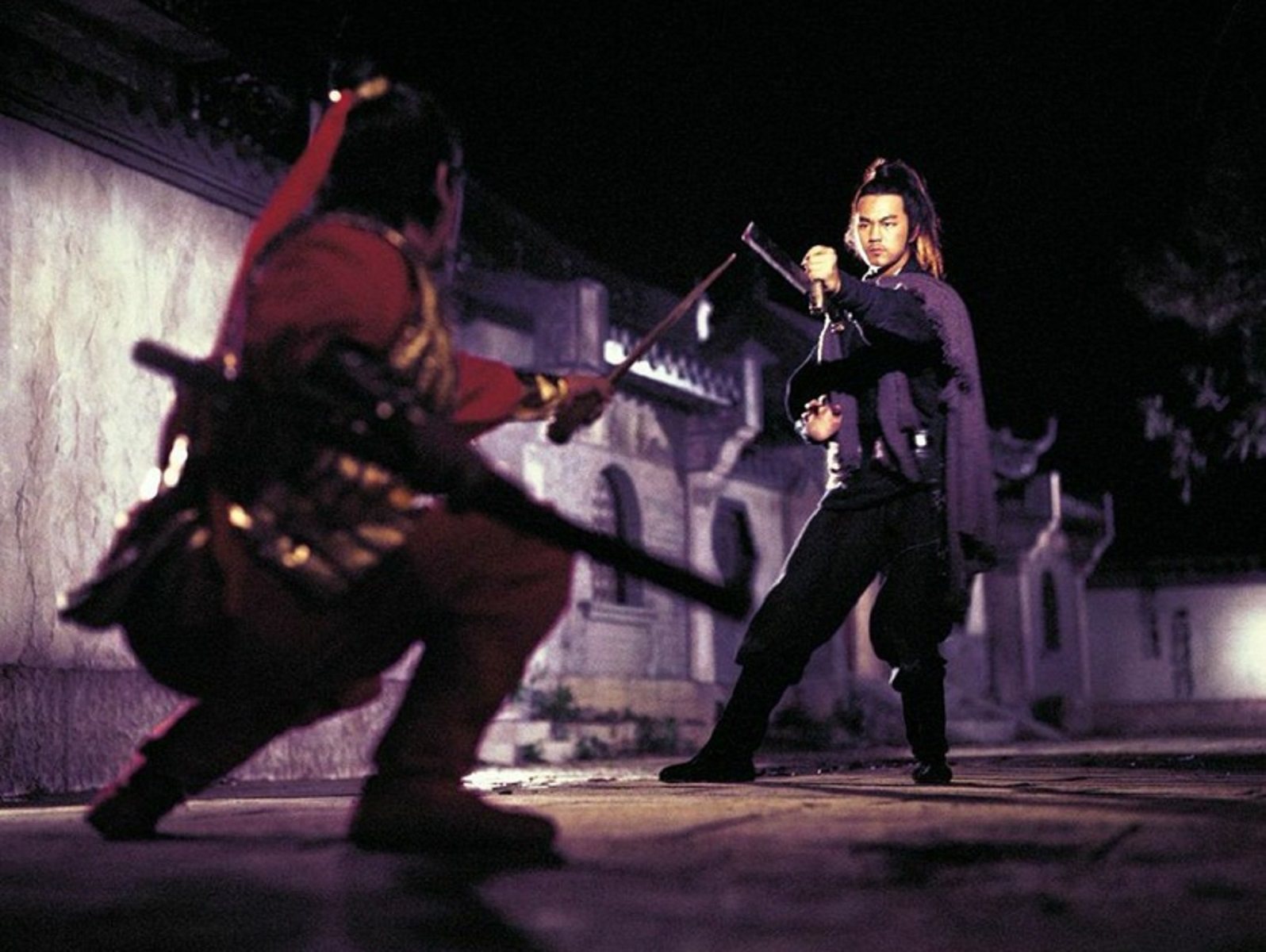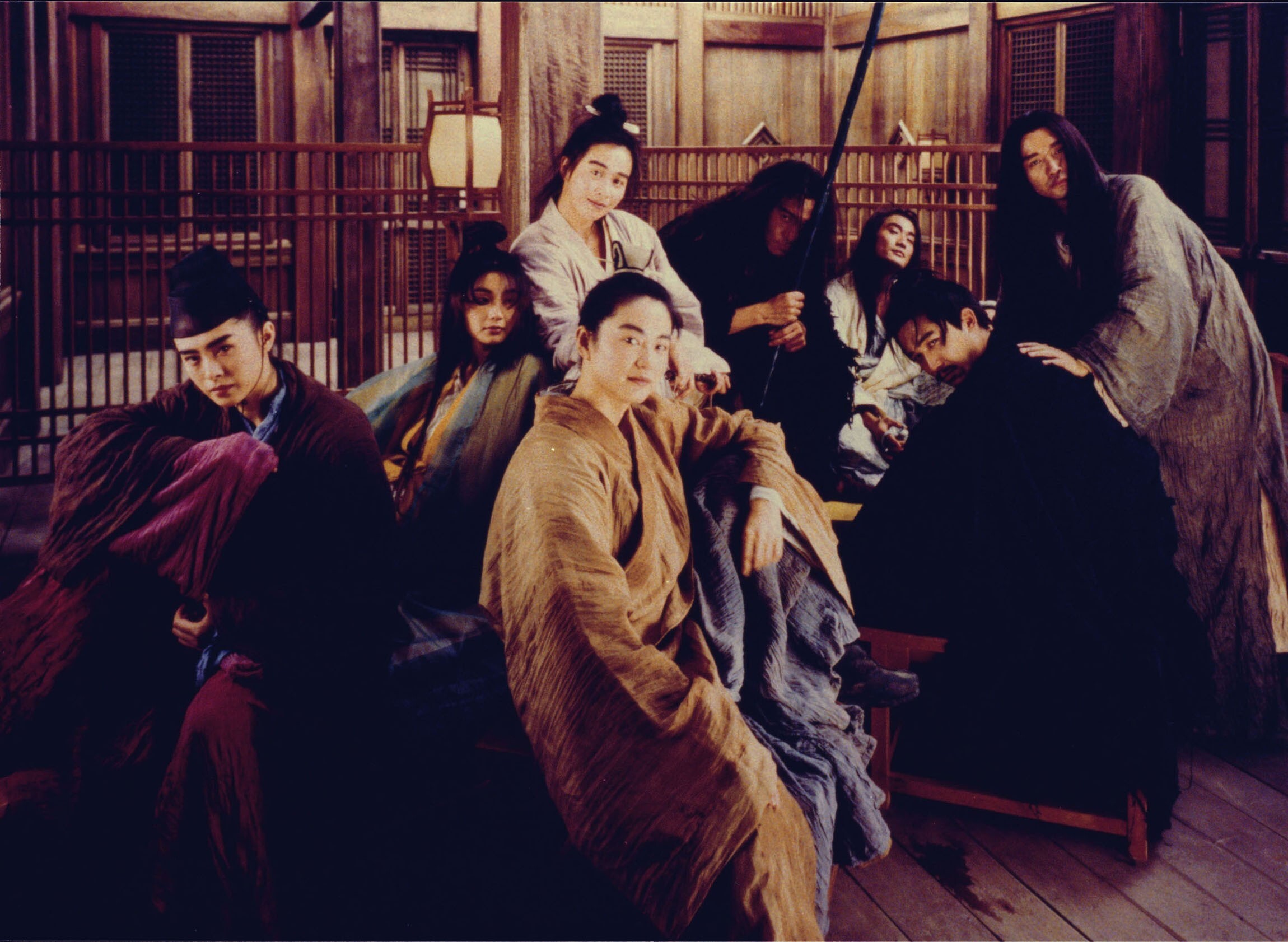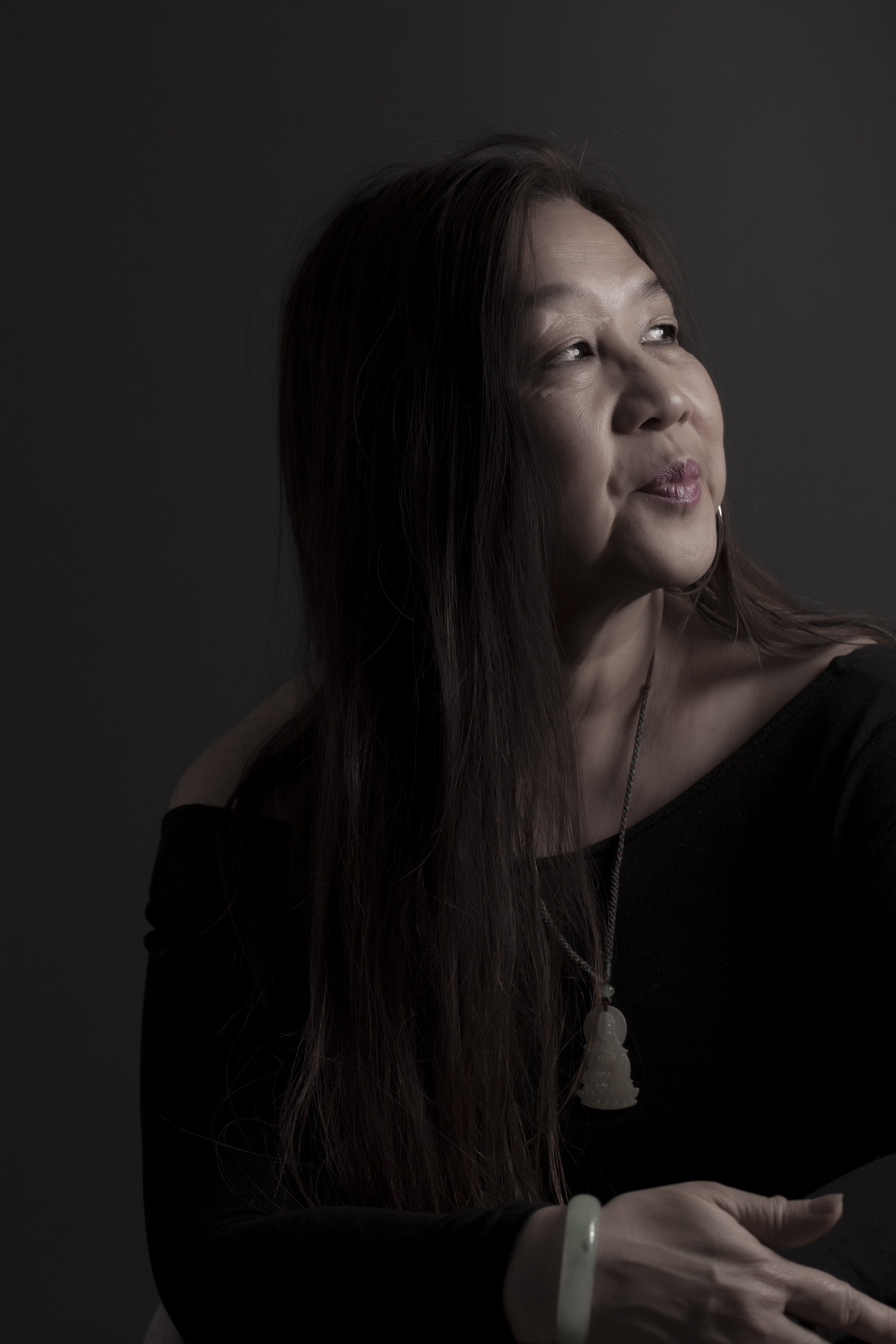TOPIC
Chinese authors
Related Topics:
Chinese authors
Writers such as Nobel winner Mo Yan, Man Asian Literary Prize winner Bi Feiyu, Yan Lianke and Ma Jian are winning widespread acclaim around the world. We review the best Chinese fiction and non-fiction writing from Hong Kong, Taiwan, the mainland and the world.
Advertisement
Advertisement
Advertisement
Advertisement
Advertisement
Advertisement
Help preserve 120 years of quality journalism.
SUPPORT NOWAdvertisement
Advertisement
Advertisement
Advertisement
Advertisement
Advertisement
Advertisement
Advertisement
Advertisement
Advertisement
Advertisement
Advertisement

